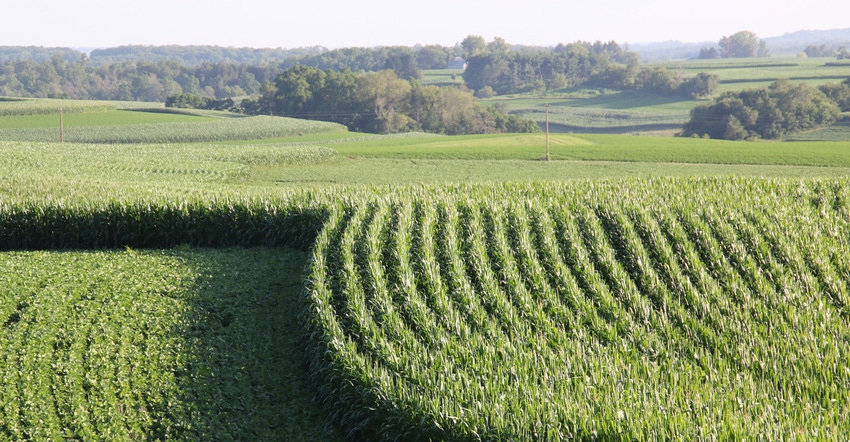July 31, 2019

Two of 10 new federal grants aimed at “leapfrogging” technologies to improve food security were awarded to scientists at the University of Wisconsin-Madison’s College of Agricultural and Life Sciences.
With predictions for a world population exceeding 10 billion, agriculture needs radical improvements to improve yield and combat drought, floods and pests. These goals underlie the “high-risk, high-reward” Breakthrough Technologies awards program.
The program emerges from a new collaboration involving the National Science Foundation, the National Institute of Food and Agriculture, and the United Kingdom Biotechnology and Biological Sciences Research Council.
“This competition asked scientists and engineers to build new, dramatic solutions to improve crop systems by harnessing all available technologies,” says Anne Sylvester, the NSF program director who oversaw its share of about $3 million in funding for Early Concept Grants for Exploratory Research to Develop Breakthrough Ideas and Enabling Technologies to Advance Crop Breeding and Functional Genomics.
Hybrid shortcut
Hybrid varieties are a key to production in a wide range of annual crops, and seed companies spend years developing the inbred strains that are crossbred to make hybrid seeds for each planting. Producing these inbreds is a bottleneck in plant breeding, says principal investigator Patrick Krysan, a professor of horticulture at UW-Madison.
With support from a Breakthrough award, Krysan, professor of horticulture Michael Havey, and Stephen Jackson of the United Kingdom, are developing a shortcut to make these inbred lines in one year.
The researchers will use the modern gene-editing technique CRISPR/Cas9 to alter a key gene in the onion, to create seeds with unpaired chromosomes. After further changes, they aim to produce “instant inbred” lines for much faster production of hybrid seeds. They will test several gene-editing tactics to quickly choose the most efficient approach to modifying genes in many crops.
“Scientists have spent many decades studying the fundamental principles of plant biology,” Krysan says. “With the new gene-editing technologies that are revolutionizing biological science, we finally have the tools that we need to efficiently move discoveries out of the lab and into the field. Our project is a great example of how basic science can be translated into a practical benefit for agriculture.”
Genome editing and engineering
“There is a global need to develop crop plants that yield greater food, feed, fiber and bioenergy-related products,” says Heidi Kaeppler, associate professor of agronomy, who leads a second UW-Madison project supported by a Breakthrough award. “The need to develop crops with an increased tolerance to stress from drought, disease and insects, with reduced environmental impact, has never been greater.”
Because current genetic modification techniques are inefficient or unworkable in several important crops, Kaeppler aims to develop a method to genetically engineer or edit plants using ultra-small, biodegradable, synthetic particles. These “nanoparticles” may be used to ferry genes or gene fragments, or otherwise assist in the planned transformations.
The project aims to:
Deliver nanoparticle-based genetic complexes into target cells in a wide range of plant species.
Edit target DNA sequences in plant cells and tissues.
Grow out the plants after genome-editing.
Such a system, Kaeppler says, “would enable more rapid advances in crop genomics and produce crops with enhanced traits and performance. We expect it would also apply to other organisms as well.”
Source: UW-Madison CALS, which is solely responsible for the information provided and is wholly owned by the source. Informa Business Media and all its subsidiaries are not responsible for any of the content contained in this information asset.
You May Also Like




